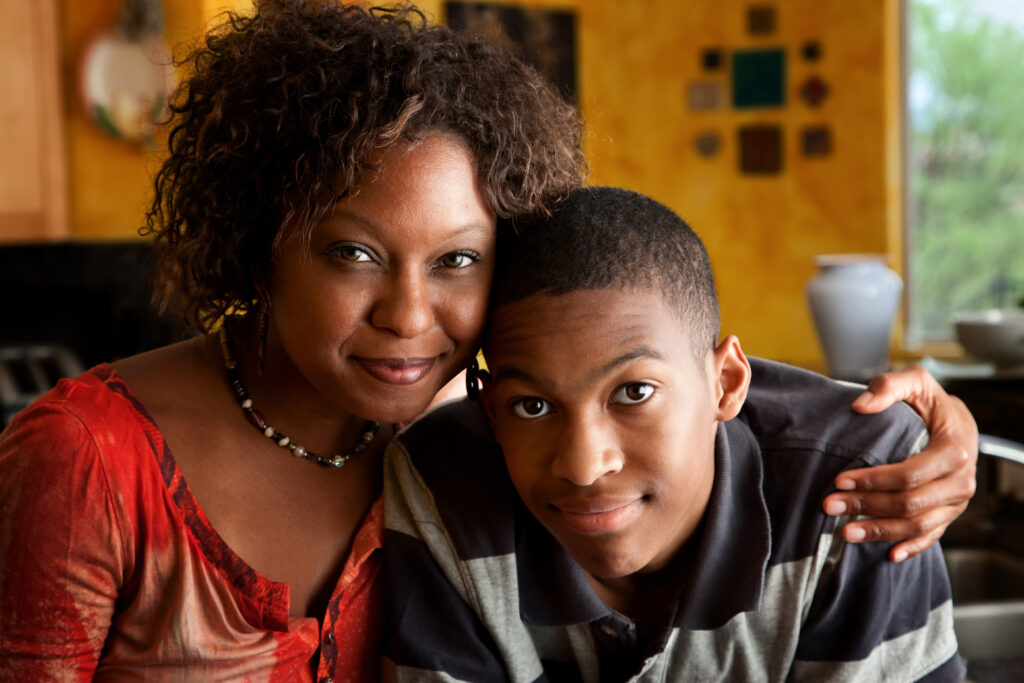Few things are as important to teens’ emotional development and maturity as having friends that they can rely on and confide in. But teens aren’t all equally good at developing close friendships. What can parents do to help them along? August 1 is National Friendship Day, a great occasion to ask this important question. Here’s what the experts suggest:
Teach Them About Friendship
The first and most important thing parents can do is to teach their teens about friendship. “Parents can and should talk to their teens about what friendships should feel like,” says social worker Heather Monroe, “and help them understand how to be a good friend.” She suggests that parents ask their teens to reflect on the qualities that are important to them in a friendship, since friendships are more likely to last when teens share similar values. Family therapist Cheryl Somers adds that parents should encourage their teens to reflect on questions like: “how do you let people see what you value, what’s important to you, and who you really are?”
Involve Them in Extracurricular Activities
One of the best ways for teens to find friends who share the same values and interests as them is to participate in extracurricular activities like school clubs, sports and volunteer work. “This way they can meet people with common interests and provide a springboard for conversation,” says Jan Hamilton, the founder and CEO of Doorways, a youth counseling service. Simply put, extracurricular activities give teens something to bond around and talk about.
Have Realistic Expectations
Explain to your teens that even if they’ve common interests with other people, it can take a long time to develop a really close relationship. They learn that every person they meet and like isn’t necessarily going to be their next BFF. Somers suggests that parents help their teens distinguish between different types of friends, like “the difference between a friend you sit next to in class and chit-chat with, and a friend who really understands and values you.” Deb Dunham of Grown & Flown, a well-known parenting blog, agrees. She says that parents should teach their teens to be realistic and not expect any one friend to satisfy all their needs: “There are many flavors of friends. Friends for fun times, for confiding in, for challenging you and supporting you. Know which is which.” Adults know this is true; teens need to learn this too so that they don’t have unrealistic expectations and get disappointed when they meet someone new.
The Importance of Adult Relationships
Encourage your teens to develop close relationships with adults other than you, like coaches, teachers and their bosses if they have a part-time job. “Teens who have a positive relationship with the adults in their lives,” says professor of education Michael Chambers, “are more likely to have good relationships with their peers.” When teens feel love and support from trusted adults, they develop the confidence to meet new people and develop close relationships with them.
Be A Role Model
Finally, remember that, ultimately, your teens learn more from seeing what you do than from anything you tell them to do. So, be a role model and show them what a good friend is like. As clinical psychologist Dr. Justin Coulson puts it “show your children how friendships should function by having good friends around you who’re trustworthy, loyal, fun and who share your values and goals.”
Tanni Haas, Ph.D. is a Professor in the Department of Communication Arts, Sciences, and Disorders at the City University of New York – Brooklyn College.



